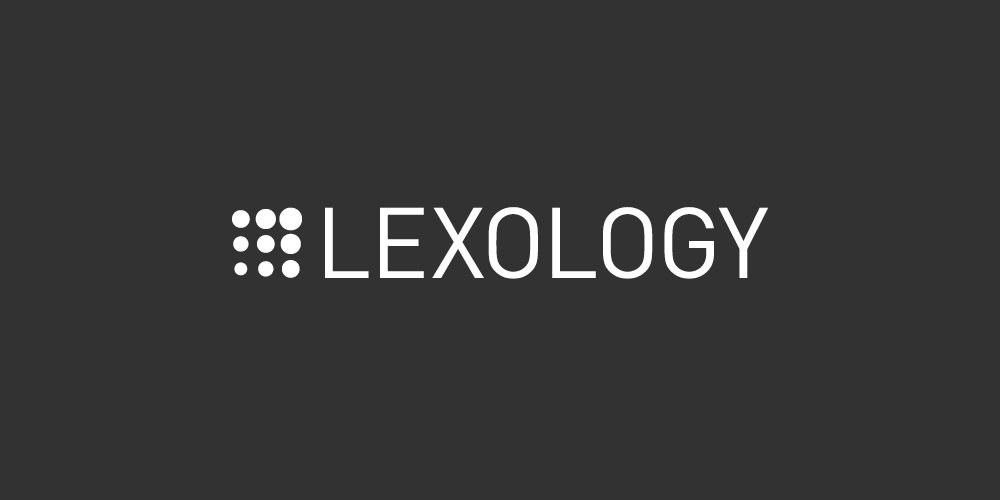Review your content’s performance and reach.
Become your target audience’s go-to resource for today’s hottest topics.
Understand your clients’ strategies and the most pressing issues they are facing.
Keep a step ahead of your key competitors and benchmark against them.
add to folder:
Questions? Please contact [email protected]
On October 3, the Financial Stability Oversight Council (FSOC) released its “Report on Digital Asset Financial Stability Risks and Regulation” (Report), concluding, among other things, that unregulated cryptocurrencies could pose a risk to the stability of the U.S. financial system. FSOC further recommended legislation empowering financial regulators to more vigorously oversee the industry and to expand bank exams to require federal and state agencies to inspect services provided by crypto-asset service companies. Issued in response to Executive Order 14067, the Report called on federal regulators to come up with plans for overseeing cryptocurrencies. A fact sheet summarizing FSOC’s findings can be found here.
In a press release issued that same day, Treasury Secretary Janet Yellen said: “This report provides a strong foundation for policymakers as we work to mitigate the financial stability risks of digital assets while realizing the potential benefits of innovation. The report concludes that crypto-asset activities could pose risks to the stability of the U.S. financial system and emphasizes the importance of appropriate regulation, including enforcement of existing laws. It is vital that government stakeholders collectively work to make progress on these recommendations.”
Established under the Dodd-Frank Act, FSOC is chaired by Treasury Secretary Yellen, and its members include the heads of financial agencies, such as the Federal Reserve Board, the Securities and Exchange Commission (SEC), and the Commodity Futures Trading Commission. FSOC is tasked with identifying emerging threats to the country’s financial security and organizing a coordinated response across U.S. financial regulators. FSOC is authorized to supervise and regulate nonbank financial companies, financial market utilities, and payment, clearing, or settlement activities to address possible vulnerabilities to financial stability.
Although the Report acknowledges that the existing regulatory system covers large parts of the crypto-asset system, it identifies three gaps:
To address these gaps, the Report makes the following recommendations:
The Report also recommended bolstering its members’ capacities related to data and to the analysis, monitoring, supervision, and regulation of crypto-asset activities.
SEC Chair Gary Gensler highlighted the need for oversight in his statement on the Report, noting his belief that “crypto cannot exist outside of our public policy frameworks, regardless of what the crypto industry initially expected or what certain market participants might say today. The policy frameworks include protecting investors and consumers, guarding against illicit activity, and supporting financial stability. Whether you call something a crypto token, stablecoin, or decentralized finance platform (DeFi), those public policy goals remain the same.”
Consumer Financial Protection Bureau Director Rohit Chopra also issued statement supporting the Report , which highlighted the risks of stablecoins, while Texas Banking Commissioner and FSOC state banking representative Charles Cooper supported the Report in a statement, focusing on the need for federal and state coordination.
add to folder:
If you would like to learn how Lexology can drive your content marketing strategy forward, please email [email protected].
Dodd-Frank Wall Street Reform and Consumer Protection Act 2010 (USA)
© Copyright 2006 – 2022 Law Business Research
Author
Administraroot


